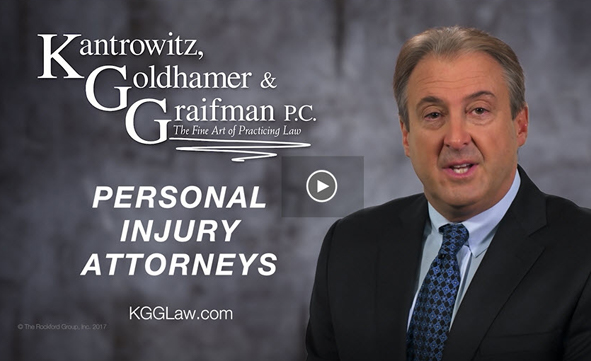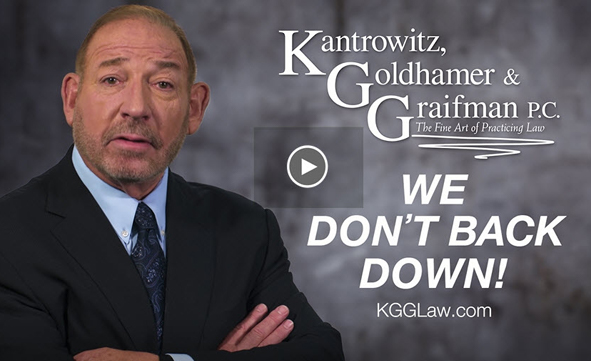Wage and hour disputes are a frequent concern for both employees and employers. These disputes typically arise from disagreements over pay rates, overtime, classification, and other compensation-related issues. Understanding common wage and hour disputes can help both sides work through these issues effectively and avoid legal complications as a wage and overtime lawyer can attest. Contact an attorney today if you have concerns or questions about wage and hour laws.
What Are Wage And Hour Disputes?
Wage and hour disputes generally occur when an employee believes they have not been properly compensated for their work. These disputes often involve issues such as unpaid overtime, minimum wage violations, and incorrect classifications. Both federal and state laws regulate how employees must be compensated, and when these laws are violated, it can result in significant legal action.
The Fair Labor Standards Act (FLSA) is the primary federal law governing wage and hour issues, but individual states may also have their own laws that offer additional protections.
Common Wage And Hour Issues For Employees
- Unpaid Overtime – Under the FLSA, non-exempt employees must receive overtime pay (usually time and a half) for hours worked beyond 40 per week.
- Minimum Wage Violations – Employers must comply with federal or state minimum wage laws, whichever is higher. Paying below the required rate can result in disputes.
- Independent Contractor Misclassification – Some employers misclassify employees as independent contractors to avoid overtime, taxes, and benefits.
- Off-the-Clock Work – Employees should be paid for all hours worked, including pre- and post-shift tasks like answering emails or attending mandatory meetings.
Common Issues For Employers
- Misclassification Of Employees – Employers must properly classify workers as exempt or non-exempt from overtime and ensure independent contractors meet legal criteria.
- Accurate Timekeeping – Employers should maintain precise records of employee work hours to prevent disputes. Implementing reliable time-tracking systems can help.
- Meal And Rest Break Compliance – Some state laws require employers to provide breaks. Noncompliance can lead to legal claims.
- Recordkeeping Requirements – Employers must retain accurate payroll and time records to comply with FLSA and state labor laws. Poor recordkeeping can lead to disputes and penalties.
As our friends at Exhibit G Law Firm can share, both employees and employers can take proactive steps to prevent disputes:
- Employers should establish clear policies on overtime, breaks, and timekeeping, ensuring employees understand their rights. Regular training can help reduce compliance issues.
- Employees should track their hours and promptly report any discrepancies. Understanding rights under federal and state laws is essential.
If a dispute arises, resolving it through open communication is ideal. When internal resolution fails, legal assistance may be necessary.
Contact a lawyer today if you need assistance with wage and hour issues or believe you are involved in a wage dispute. A legal professional can provide some much needed guidance for both employees and employers so that you can work through the dispute you are facing. It is best to contact a nearby attorney as soon as you have a concern about your situation to ensure the entire process is handled properly.











